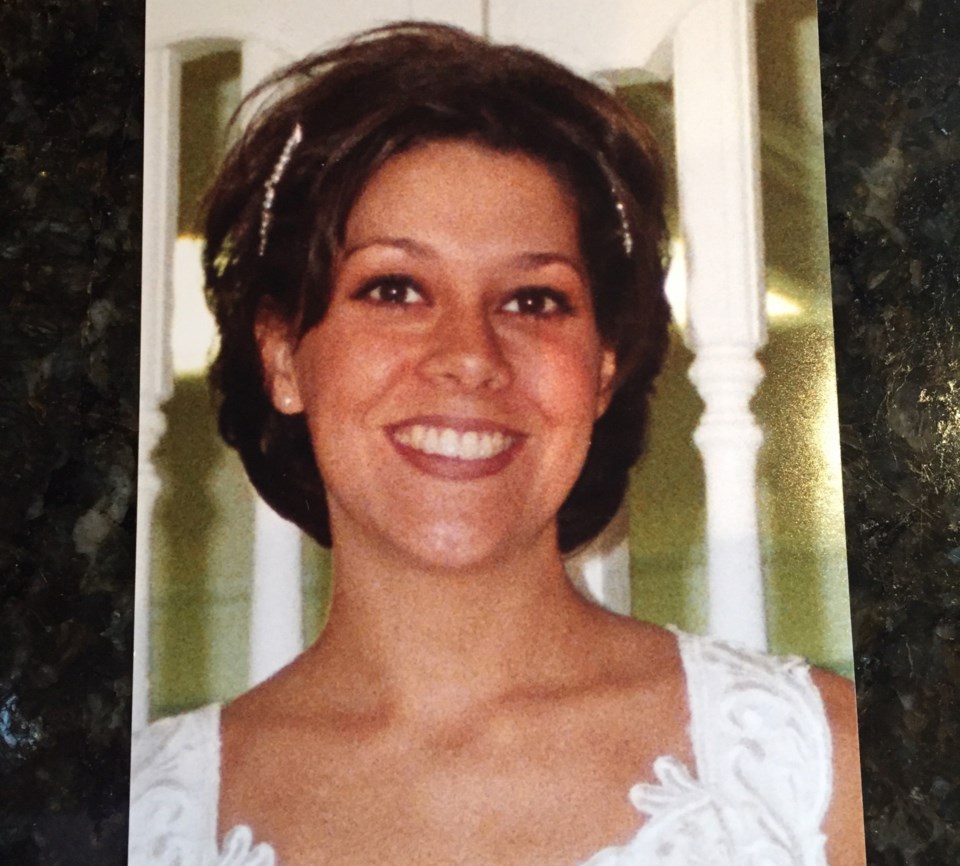The board's appeal division affirmed the March 29 ruling earlier this month.
In rejecting the 47-year-old Sault Ste. Marie man's appeal, the division said he has "not raised arguments that warrant intervention to modify the board's decision."
Hall was convicted of brutally murdering Peggy Jo Barkley-Dube, who died in her Coulson Avenue home on May 3, 1999.
The 27-year-old woman was repeatedly stabbed and slashed to death by Hall, her husband's cousin.
A jury found Hall guilty of second-degree murder in 2000.
He was sentenced to life in prison with no parole eligibility for 15 years.
In 2004, the Ontario Court of Appeal upheld his conviction and the sentence imposed by Superior Court Justice Gladys Pardu,
In its eight-page March decision, the board noted Pardu had said "that a person who could cold-bloodedly terrorize and slaughter a defenceless victim for no reason may not be rehabilitated by even a lengthy term of imprisonment."
The parole board refused his request for the unescorted absences because he presents an undue risk to society, continues to rigidly deny he committed the murder, has a lack of insight into his violent offending and has suggested he was wrongly convicted.
At the March hearing, he maintained his innocence and denied responsibility for the young woman's death.
"You deny your offending despite your blood being at the crime scene," as well as footprints located there "that were matched to your running shoes found at your parents' home by the police," the board said.
He has applied to have the Association in the Defence of the Wrongly Convicted to review his case.
In his argument to the appeal division, Hall maintained the board misinterpreted its own policy and erroneously applied statutory provisions by refusing to authorize his seven-day unescorted temporary absence because it didn't meet the criteria.
He also argued the board didn't consider or properly weigh positive factors in his case.
As a result, the board's decision is unreasonable because it's not supported by evidence, he said.
Hall wanted a review of the board's decision, to have it overturned or a new hearing ordered.
EDITOR'S NOTE: SooToday does not permit comments on court stories
